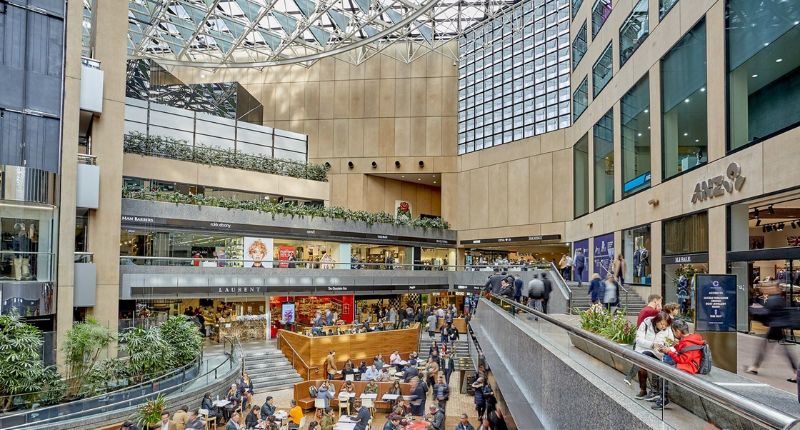- The tenancy is spread across two sites in Melbourne and Sydney
- Both sites are to be renovated to suit flexible work use
- Demand for flexible work spaces is rising in Australia
The Executive Centre (TEC), one of Australasia’s largest flexible workspace providers, has secured tenancies across two AMP Capital spaces, Collins Place in Melbourne and Sydney’s Angel Place.
TEC will lease 1,655 square metres of space in Angel Place on a ten-year term on L17. The area is nestled between the retail centre and professional and financial services district of Circular Quay at 123 Pitt Street.
In Collins Place, TEC will lease 1,682 square metres on L30 on a ten-year term. The site at 35 Collins Street is located in the large mixed-use complex in Melbourne’s CBD.
Both locations are earmarked for renovations to tailor the spaces for flexible working. Improvements will include expansive café and breakout zones, private office suites, co-working lounges, meeting rooms, and event spaces.
Christina Malcolm, AMP Capital Director of Leasing, said the leases were a boost for AMP Capital.
“We’ve seen increases in enquiry across Sydney and Melbourne, and while transactions in the first quarter were subdued following a robust fourth quarter in 2021, we are seeing an increase in appetite for well positioned commercial floorspace, particularly in Melbourne’s eastern corridor.”
Robert How, The Executive Centre Australian Director, said,
“Bringing Premium Flexible Workspace to the landmark Angel Place and Collins Place means clients benefit from state-of-the-art amenities, customer-centric delivery, and prime locations of the two buildings,” Mr How said.
“As the post-pandemic recovery continues, we are experiencing increased demand for our flexible workspace solutions from businesses that adopt an agile and responsive workspace strategy.”
Robert How, The Executive Centre Australian Director
Covid has accelerated the global shift towards flexible workspaces. Employees and companies became have become more comfortable with WFH and people are reluctant to give up the newfound benefits of flexibility.
The heightened demand for flexible workspaces is projected to continue on the current trajectory in the coming years.
The trend is amplified by employers who want to incentivise their staff to return to the office by allowing them more flexibility.
Research from JLL found that some of the amenities that have the highest impact on office performance are also the scarcest. These include breakout rooms, co-working areas, wellness spaces and lounges/cafes.








